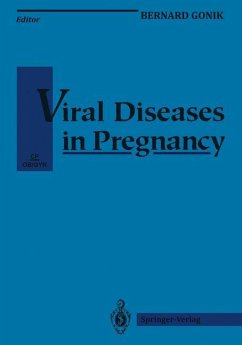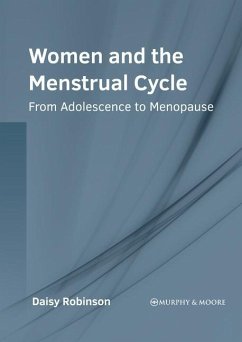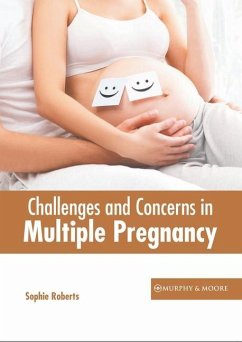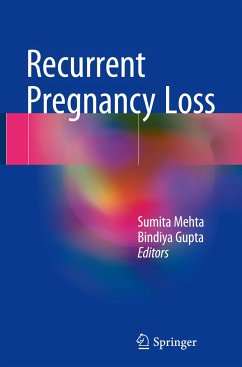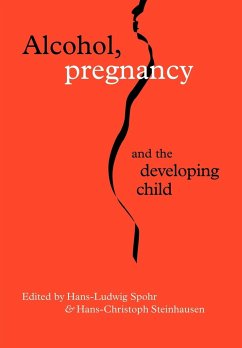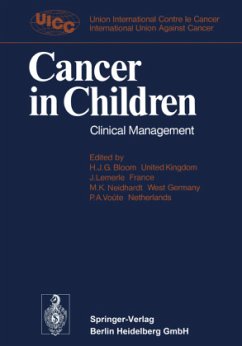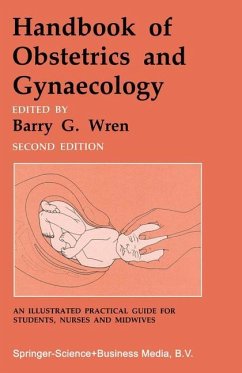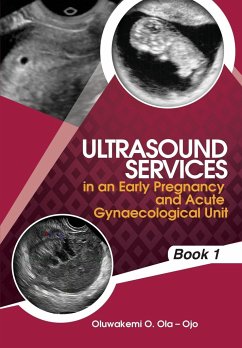
Infections and Pregnancy
A Clinical Approach
Herausgeber: Fox, Marina
Versandkostenfrei!
Versandfertig in 1-2 Wochen
140,99 €
inkl. MwSt.

PAYBACK Punkte
70 °P sammeln!
Pregnancy refers to a period when one or more offsprings grow inside a woman's womb. It usually happens through sexual intercourse but it can also happen through assisted reproductive technology procedures. A combination of immunological and physiological changes during pregnancy increase the risk and severity of specific infections. If a woman contracts a serious infection during this period, it can endanger the mother as well as the child. It can also lead to complications such as preterm birth and low birth weight babies. Parasitic infections are common in pregnant women due to decreased bo...
Pregnancy refers to a period when one or more offsprings grow inside a woman's womb. It usually happens through sexual intercourse but it can also happen through assisted reproductive technology procedures. A combination of immunological and physiological changes during pregnancy increase the risk and severity of specific infections. If a woman contracts a serious infection during this period, it can endanger the mother as well as the child. It can also lead to complications such as preterm birth and low birth weight babies. Parasitic infections are common in pregnant women due to decreased body immunity and thus can impact physiological systems. Malaria and ameba infections have been linked to a higher risk of unfavorable pregnancy complications and outcomes. If a mother has a parasitic infection during pregnancy, this can alter immune responses in the fetus and infant. These immunological alterations may affect the way a child reacts to the same infection later in life. This book contains some path-breaking studies on the relationship between infections and pregnancy. It will serve as a reference to a broad spectrum of readers.



